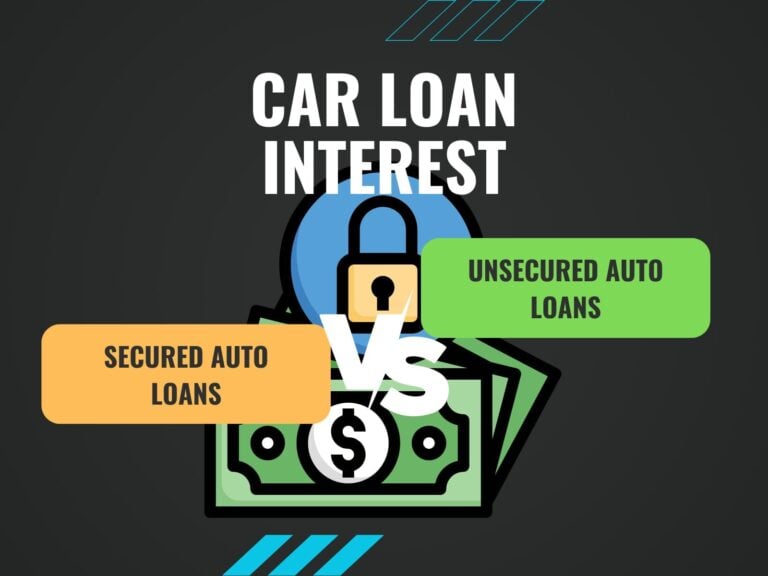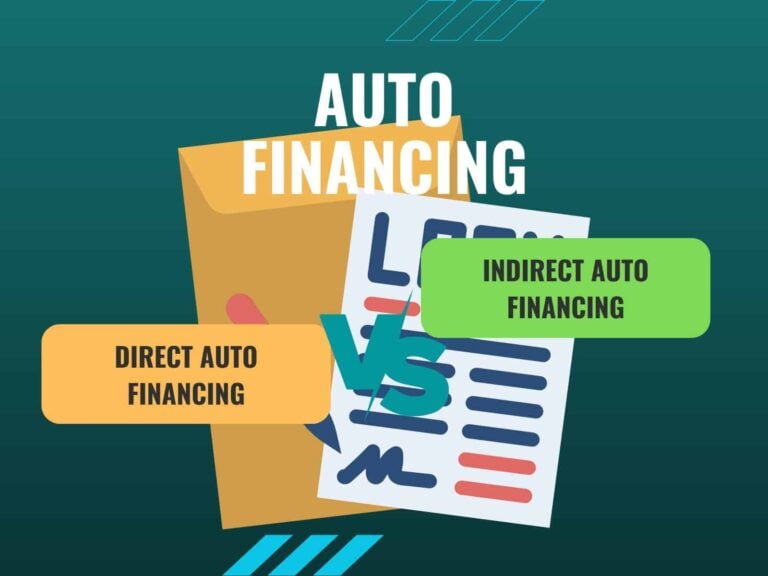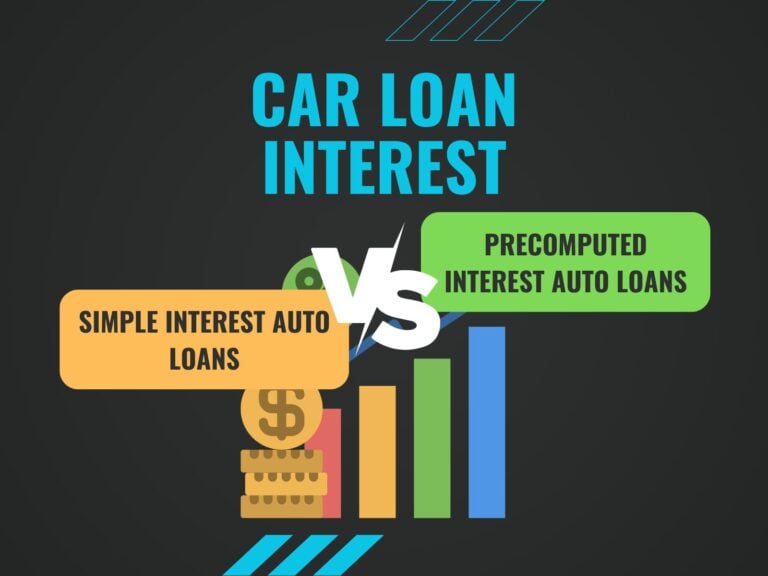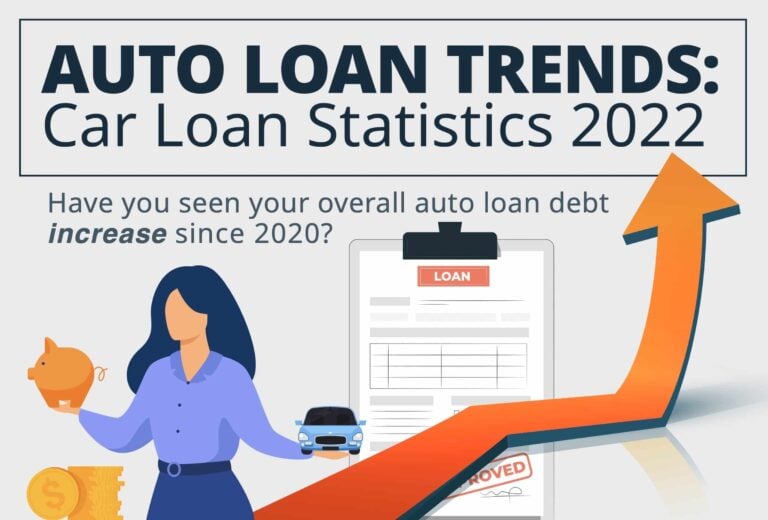Alabama Debt Settlement
The state of Alabama, with approximately 4.9 million residents, ranks right near the middle of the nation in population, coming in at 24th while covering an area of 50,744 square miles that places it 30th in terms of geographic size. Alabama ranks 27th nationally in population density, with approximately 94 residents per square mile.
Alabama has more than a few nicknames and is known as the “Yellowhammer state,” named for its state bird; but is also nicknamed the “Cotton state” (even though it ranks 8th nationally in cotton production) and more generally as “the heart of Dixie.” Its most populous and industrialized city is Birmingham, where the state’s economic center is located.

Alabama’s economy is based on automotive, finance, manufacturing, aerospace, mineral extraction, management, healthcare, education, retail and technology.
During the 20th century, Alabama’s economy was primarily agriculturally based, but private farming declined at a steady rate beginning in the 1960s to the point that crop and animal production in Alabama now represents less than 1% of the state’s gross domestic product. Today, Alabama’s chief industrial outputs include iron and steel products, paper, lumber and wood products, coal, cars, trucks, paper products and apparel.
The Alabama economy generated a gross domestic product of $221.7 billion in 2018, placing it near the bottom, at 45th in the nation. Alabama’s 2017 median household income level of $48,123 also placed it near the bottom on a nationwide basis, ranking 46th and 20% lower than the national median household income level of $60,336.
That same year, 18% of the Alabama population lived below the poverty line, the sixth highest percentage in the country. Alabama has no state minimum wage and therefore uses the Federal minimum wage of ten dollars per hour.
Alabama Economic and Debt Statistics
Alabama Economic and Debt Statistics
According to the St. Louis Fed, as of Q4 2018, the Alabama home ownership rate checked in at 70.3%, notably higher than the national average of 64.3%, while a recent Experian report shows average mortgage debt level of only $140,659, representing a 2% increase compared to 2018, but still ranking in the lower half of the country, at 35th.
The median sales price of a home in Alabama during 2019 was $154,775. Regarding student loans, data compiled in 2019 by Experian indicates that average student loan debt for Alabama borrowers is $35,674, in line with the national average of $35,359, 3.3% higher than in 2018 and 30.9% higher than it was in 2014.
Alabama Residents and Debt Settlement
If you are a resident of Alabama and are currently burdened by high levels of unsecured debt – including credit card accounts, private student loans, unpaid medical bills and personal loans – the process of pursuing debt settlement may make sense for you.
Debt settlement occurs when a debtor successfully negotiates a payoff amount for less than the total balance owed on a debt. This lower amount is agreed to by the creditor or collection agency and is fully documented in writing. Ideally, this lower negotiated amount is paid off in one lump sum, but it can be paid off over time.
Though creditors are under no legal obligation to accept debt settlement offers, negotiating and paying lower amounts to settle debts is far more common than many people realize.
Alabama Consumer Debt Laws
Credit Card companies and other creditors are permitted to contact Alabama residents directly regarding debts, particularly in a situation involving delinquent payments.
However, debt collection agencies are required to comply with the the Federal Fair Debt Collection Practices Act (FDCPA), and are therefore prohibited from taking certain actions. Under the FDCPA, collection agencies are prohibited from informing employers about a debt or attempting to collect a fee in excess of any debt owed.
Debt collection agencies are also prohibited from communicating in a manner that simulates a judicial process or gives the appearance of a governmental action. Additionally, debt collection agencies are prohibited from contacting debtors or debtor family members at unusual hours or with a frequency that may be reasonably construed under the law as harassment or abuse.
Unfortunately, unlike many other states, Alabama does not supplement the FDCPA with its own state-mandated fair debt collection practice act, and therefore leaves its residents somewhat vulnerable to predatory collections practices by original creditors.
Although the Alabama Fair Debt Collection Practices Act requires that collectors register with the state and obtain a license to collect debts, the law does not allow consumers to bring individual lawsuits. Therefore, Alabama residents faced with abusive or harassing collection tactics are best protected under the FDCPA.


Alabama Statute of Limitations on Debt Collection
When sufficient time passes in a situation in which consumer debts have gone unpaid, a debt collector can lose the legal right to sue for non-payment. In Alabama, the statute of limitations on debt collection is six years for written accounts, promissory notes, oral contracts and verbal agreements.
The statute of limitations on open accounts with revolving balances is three years. For any time period, the clock begins ticking from the “date of default,” which is typically thirty days after the last payment was actually made.
When debts remain unpaid prior to the statute time period elapsing in full, creditors maintain legal right to sue you for non-payment and are permitted to engage debt collection agencies who can make persistent attempts at collection – provided they remain within the bounds of the FDCPA.
Debt Settlement - Do It Yourself?
Getting out of debt is never an easy process. If debt settlement is the right avenue for you to pursue, be honest with yourself. Decide whether you possess the background, strength and fortitude to negotiate directly with creditors yourself – or whether engaging the services of an experienced and reputable debt settlement company will serve your needs best.
Remember, the goal is to save the greatest amount of money and time while minimizing any ensuing damage to your credit score and profile. A reputable debt settlement company will provide a realistic estimate and time frame for making offers to your creditors that can ultimately result in settlements that save you significant amounts of money, time, and aggravation.
Contact us here at United Settlement, where our experienced credit counselors possess relationships with the major credit card lenders and a broad understanding of the debt marketplace. We can help you navigate these waters successfully.
Debt Resources & Additional Reading
Additional Related Insights & Articles







Debt Relief Reviews

Ready To Get Started?
See if you qualify for debt relief. Get a Free savings estimate to see how quickly you can be debt free.
Embrace financial freedom with our tailored solutions, expert guidance, and unwavering commitment to your success.
Experienced Professionals
Our experienced team has helped thousands of clients successfully eliminate debt and regain financial freedom.
Customized Solutions
We know every financial situation is different, so we design personalized debt relief plans to fit your specific needs and goals.
High Success Rate
Our proven debt relief strategies deliver real results. With a strong track record of success, we help clients achieve lasting financial stability.
Confidential Consultation
Your privacy is our priority. All debt relief consultations are 100% confidential and handled with the highest level of discretion.


